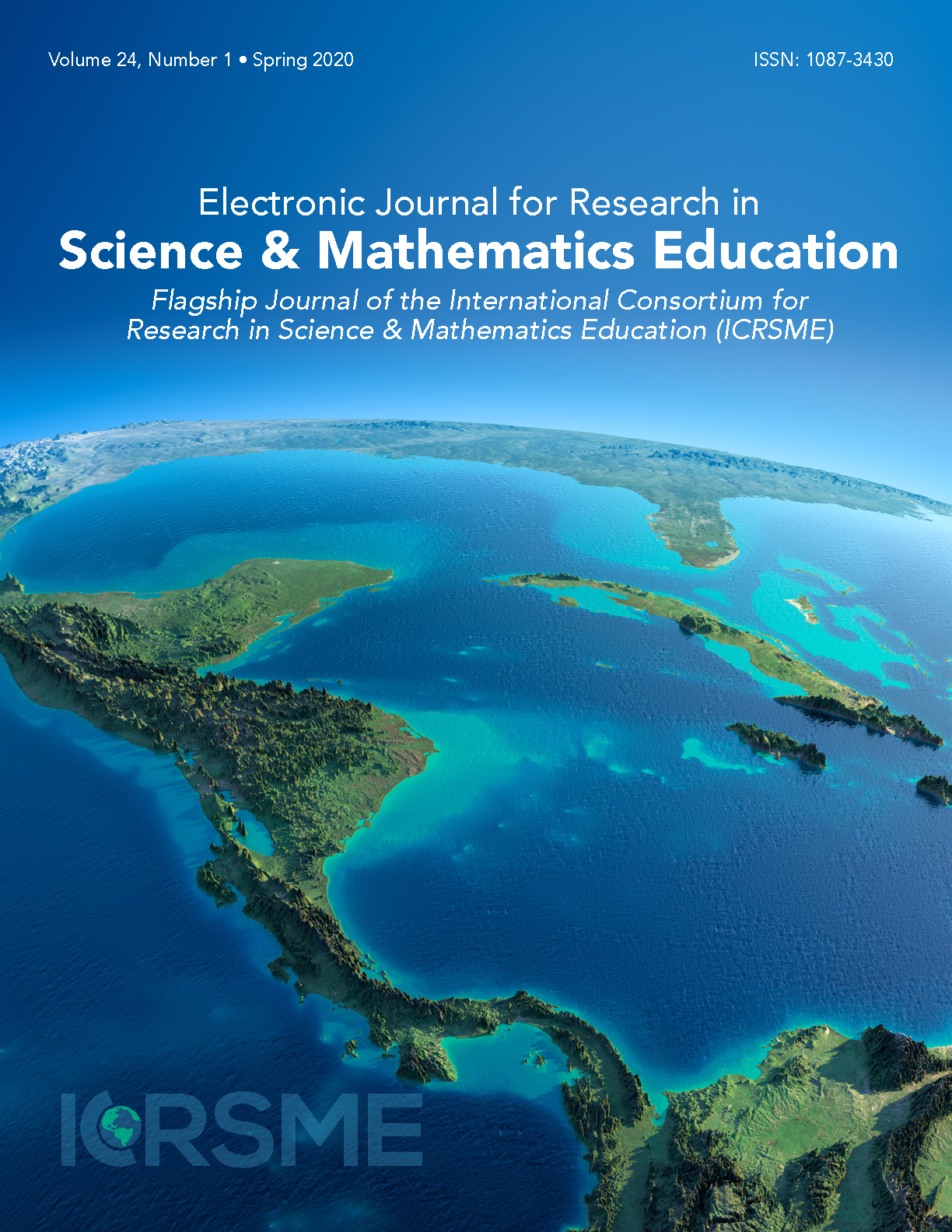Content versus Process: The Lifeworld Construction of a Science Teaching Identity
Main Article Content
Abstract
Research-based science curriculum has become a common means of supporting best practices in science teaching. However, despite one elementary school’s adoption of commercially available science curriculum, the school’s fifth-grade teacher selected only certain science modules for implementation in her classroom. The purpose of this narrative study is to understand how this teacher’s science pedagogy has been shaped through her lifeworld experiences with science, and in what ways these experiences informed her selection of topics from the school’s chosen science curriculum. The pedagogy that guided this teacher’s curricular decision situated her construction of a science teaching identity in both personal and professional spaces, with the former stemming from past, present, and anticipated experiences with science. This identity construct established tension around specific domains of the curriculum’s science content, not the inquiry-based teaching practices prescribed therein. The conflict resulted in the selective use of a curriculum reflective of the teacher’s lifeworld experiences with science. Therefore, the construction of a science teaching identity that relies on both personal and professional contexts, and considers experiences with science across time, offers deepened insight into teachers’ use of reform-based science teaching practices.
Article Details
© 2025 Electronic Journal for Research in Science & Mathematics Education (EJRSME)
